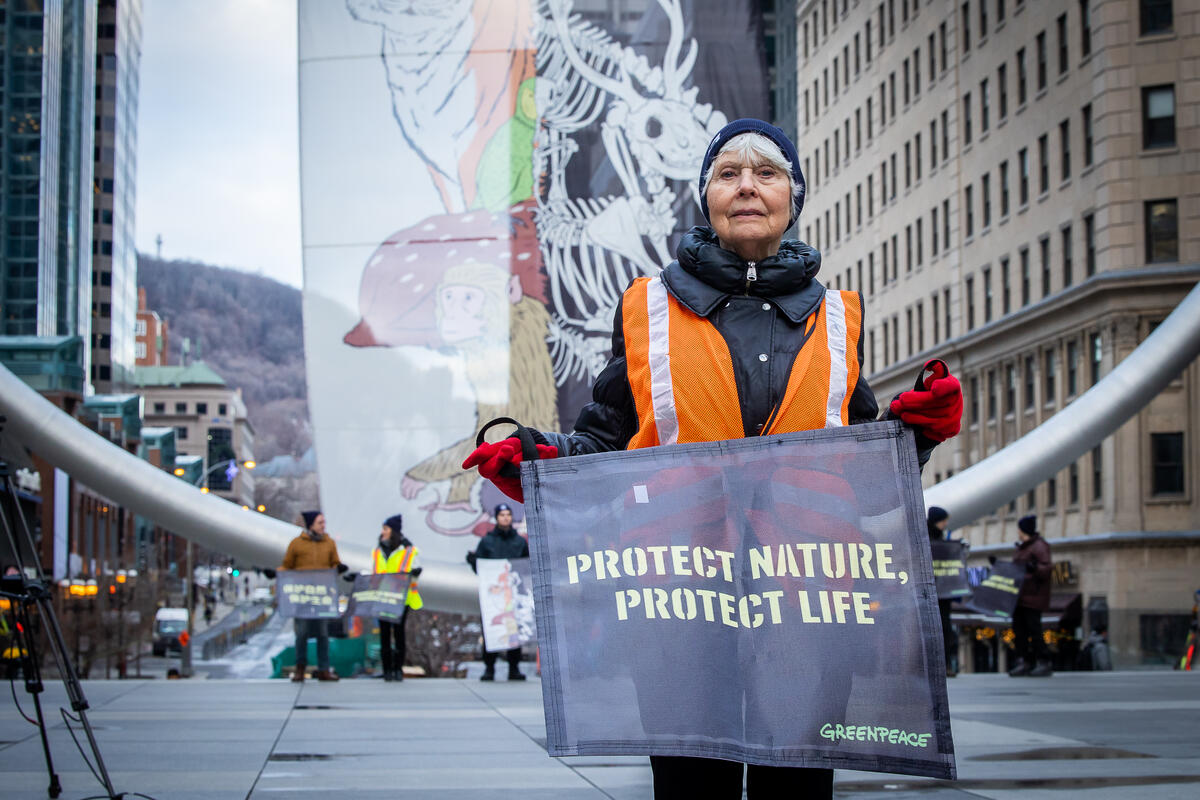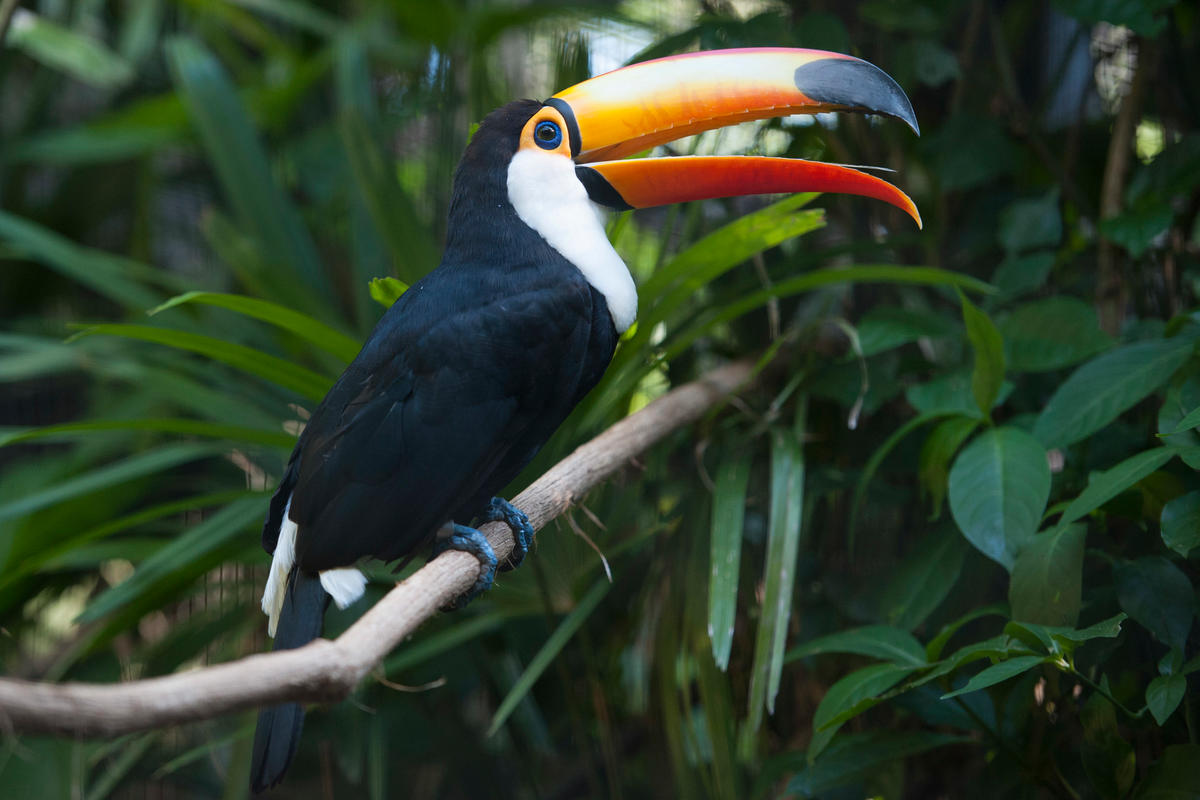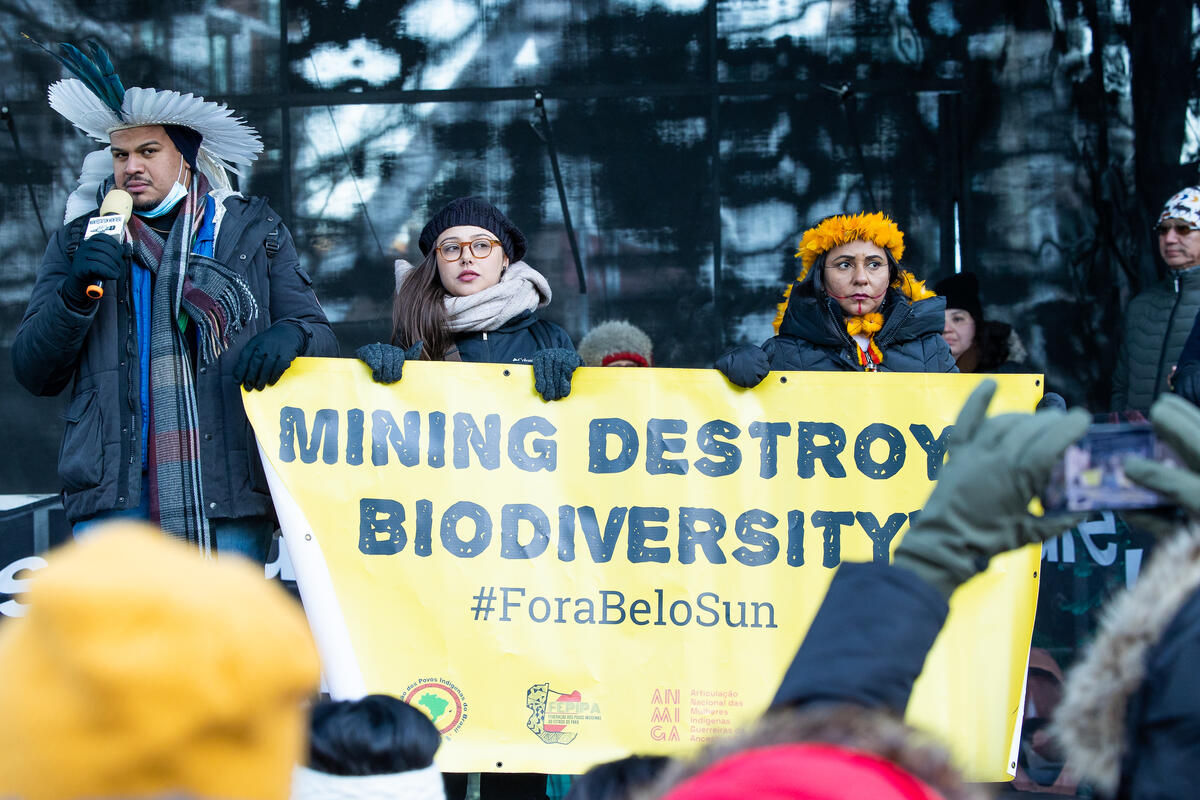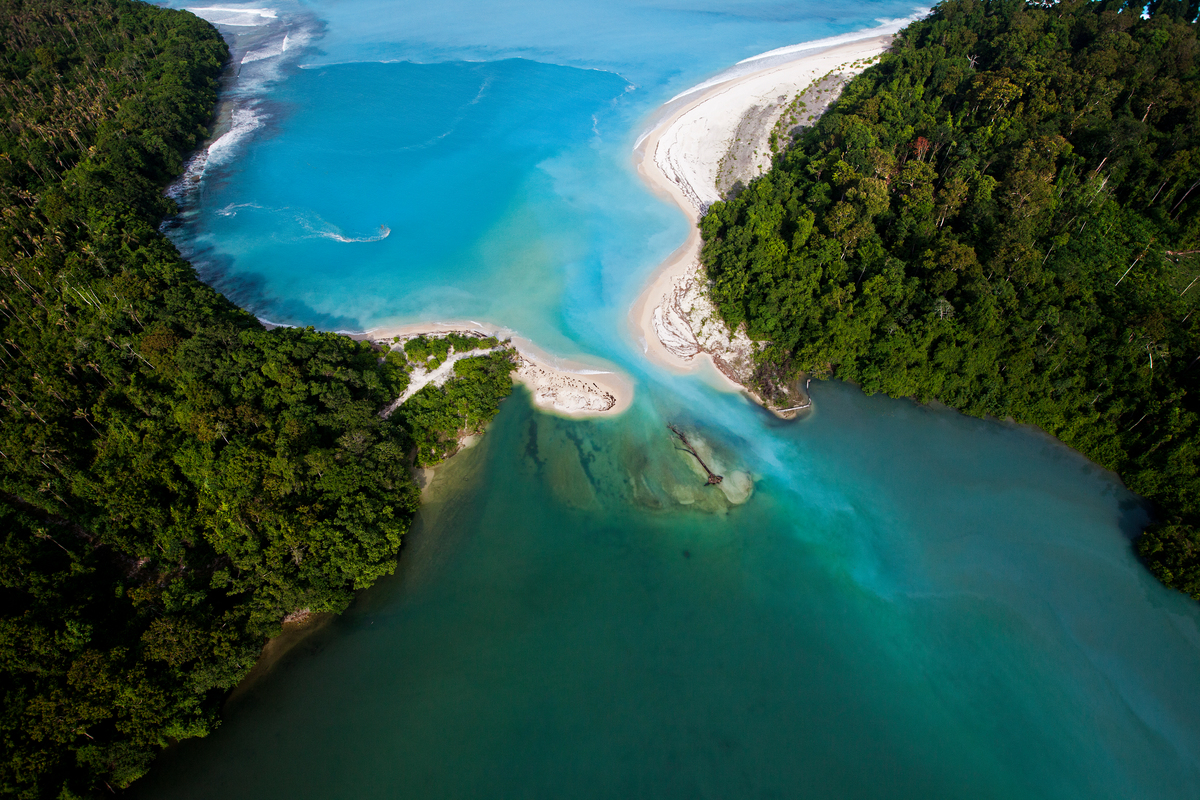This decade leading up to 2030 is a critical one for life on Earth: are we going to help the Earth heal herself and sustain us all? Or are we going to squeeze the last drop of inflated profits until nature collapses?
Governments around the world will meet in Cali, Colombia from 21 October to 1 November at the 16th Convention on Biological Diversity (CBD). The CBD convention was ratified by 196 countries in 1992 with the objective to maintain the world's ecology and meets every other year.

A global framework to protect biodiversity (humans included)
First up on the agenda in Cali will be making progress on the implementation of the historic 2022 Kunming-Montreal Agreement framework to protect global biodiversity, which established global targets to protect nature and give her space to regenerate.
Nature is a network of life, and we rely on biodiversity - or biological diversity - for water, air, and food, among other provisions as complex as medicine, scientific advancement, and the development of technologies. Research shows that wildlife populations have declined on average 69% since 1970, as experts believe we are in the midst of a mass extinction - the sixth such major die-off event that scientists have documented in Earth's history

We simply cannot afford to continue destroying nature.
What we can do
The UN biodiversity COP16, will be the first round of global biodiversity talks since 2022. But since then, the destruction of biodiversity has only accelerated. Big Agribusiness, industrial fishing, fossil fuel extraction, deep sea mining, and corporate profits for the rich remain threatening our planet.

World leaders have not stopped this extraction, or even slowed it down.
Governments around the world continue to enable corporations to profit off our collective loss and scrape away the profits they extract. Wealthy governments in Europe, Oceania, East Asia, and North America, who have historically profited off the colonial extraction of nature's resources from the Global South, have yet to meet their commitments to deliver finance to support biodiversity protections. In turn, protection is still lacking in Global South countries, and in areas such as rainforests, coral reefs and seamounts where biodiversity is richest and perhaps most critical.

The 2022 global biodiversity framework presents an opportunity that we must act on in Cali. Our governments have a critical opportunity to change course, but we need real action in the form of money, rights, regulations and policies. Failure to take bold steps forward now puts our future at risk.
August Rick is International Communications Officer for Greenpeace East Asia.






